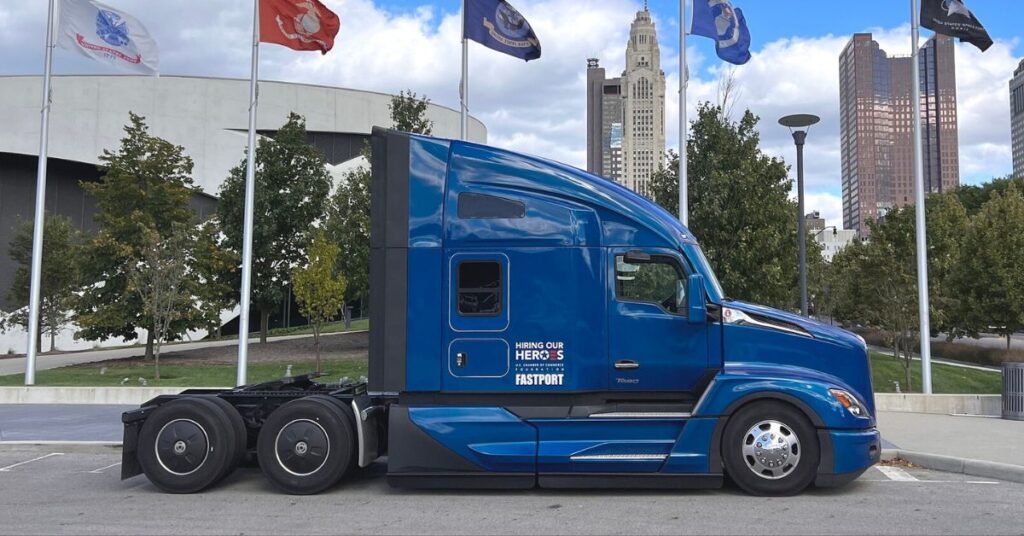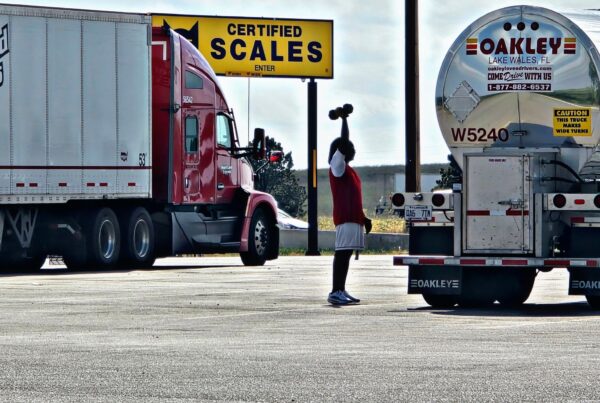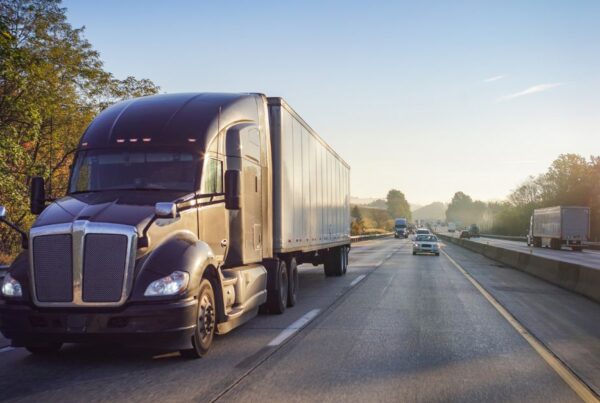Industry watchers have their finger on the pulse of emerging Electric Semi Trucks: And they are picking up a beat that must be unsteadying for recent vets and transitioning military personnel.
The belief that autonomous, electric trucks are the future of trucking is feeding already prevalent fears in veterans trucking as a career could become obsolete.
One of the biggest obstacles to recruiting truck drivers from among America’s veterans is their underlying fear that there isn’t a long term future, according to FASTPORT, an organization that helps veterans transition into meaningful careers in civilian life.
Veterans are right about EV’s ramping up. They are wrong that trucking isn’t a great career for them:
EV Production is Ramping Up
The American Trucking Association notes the increased presence of EV’s on the road is already causing bottlenecks in supply chains:
“As state and federal policymakers push the widespread adoption of electric vehicles, a supply chain bottleneck is forming. EVs are far heavier than their internal-combustion-engine counterparts, creating reduced payloads for auto-haulers and requiring more trucks to get the same number of vehicles to market,” according to ATA President Chris Spear.
Trucking Is Still a Solid Career for Vets
Futuristic Careers: Ever heard of a Human Safety Driver? They’re part of a new wave of truck driver: automated trucks for the foreseeable future will need a human at the helm. But the experience will be way better.
Safer: “Over 90% of crashes are caused by driver error so some believe self-driving trucks would reduce the number of roadside accidents. Since there is no driver present to risk drowsy or reckless driving, there is a chance numbers would go down. These trucks could also travel at off-peak times when most drivers are asleep, and avoid the riskiest obstacles on the road.”
Trucking Isn’t Going Away Anytime Soon
The Trucking Institute reminds us that there are a lot of reasons to believe that trucking will only strengthen as a sector as better job opportunities are available through developing EV technology:
- Development and construction of autonomous trucks is very expensive, so even if these vehicles are found to be a success, not every manufacturer will replace their fleets right away, if at all.
- It’s unlikely drivers will lose their jobs, when it is more likely the demand will increase as truck drivers’ roles evolve to be more familiar with the technical aspects of these vehicles.
- Carriers will need people to construct the vehicles, repair them, monitor that the systems are working properly both in and out of the driver’s seat.
- With technological advancements comes the creation of new jobs, and so no matter what role future drivers may play, there will always be a necessary human touch in truck driving.










